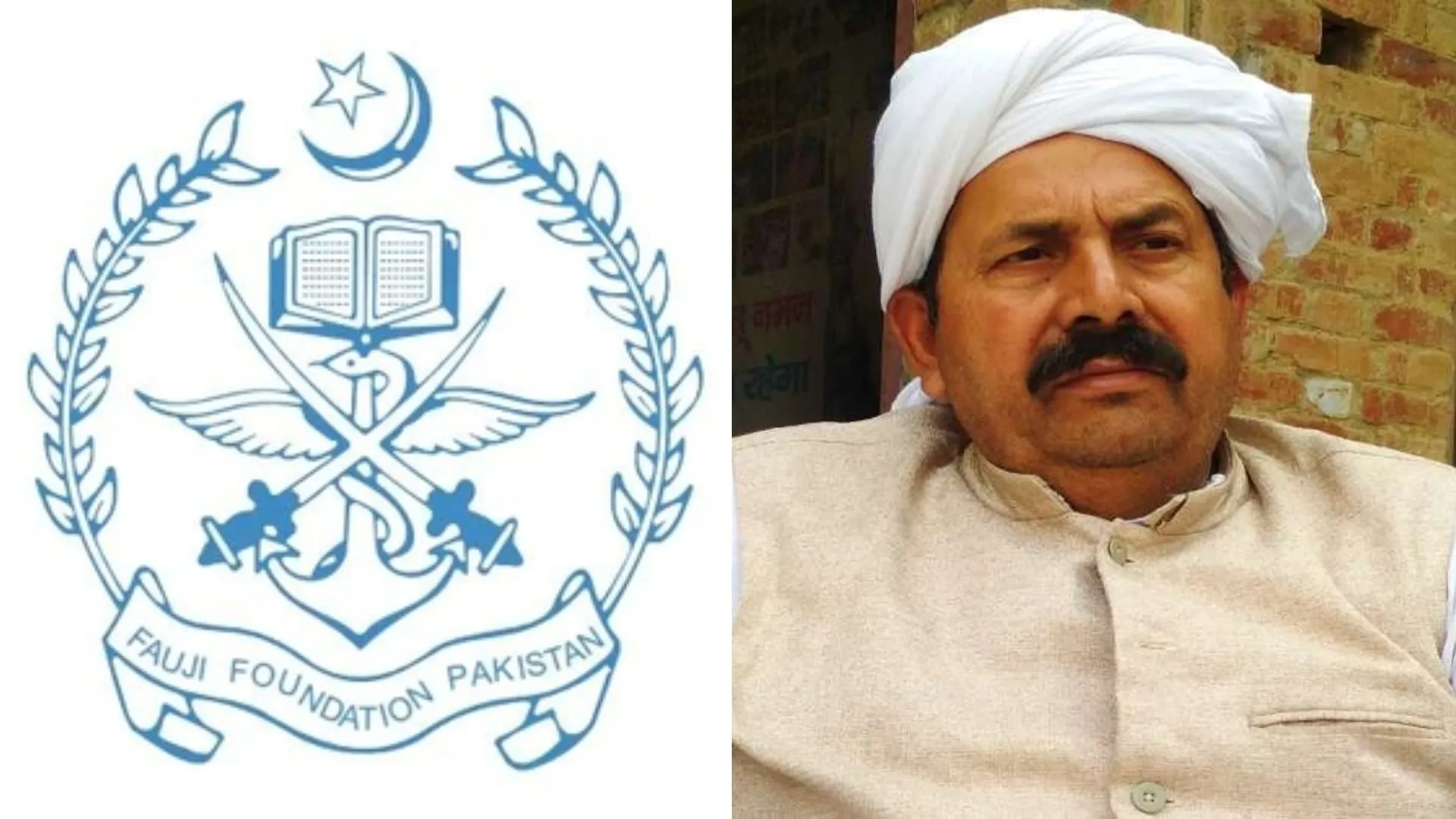In a bold move to protect children from the growing dangers of internet addiction, Greece has unveiled a comprehensive national strategy aimed at curbing excessive social media use by minors. The initiative, announced on Monday, includes the launch of a dedicated website offering user-friendly guides and parental control tools.
A Societal Responsibility: Greece
Greek Prime Minister Kyriakos Mitsotakis emphasized the significance of this initiative at an event marking the strategy’s launch. He described safeguarding children’s well-being as a societal imperative, while cautioning against the idea of a total social media ban.
“The real challenge lies in designing applications that cater to the needs of children and teenagers,” said Mitsotakis, advocating for a balanced approach rather than restrictive measures.
Key Objectives of the Strategy
The Greek government’s strategy is structured around three primary pillars:
- Parental Controls: Tools and platforms to help parents monitor and regulate their children’s online activities.
- Age Verification: Ensuring that children access age-appropriate content online.
- Collaboration with Social Media Platforms: Engaging major tech companies to improve content regulation and safety features.
This approach seeks to address mounting concerns about the negative impact of excessive internet use on children’s mental and physical health.
Greece’s Three-Phase Implementation Plan
The national strategy will be rolled out in three phases, with several innovative tools and systems planned:
Phase 1: Launch of Parental Control Platform
On Monday, Greece introduced a sophisticated portal designed to empower parents with tools to track and control their children’s internet use. The platform provides resources for setting limits, monitoring activity, and ensuring safe online interactions.
Phase 2: Introduction of Kids Wallet System
Within the next three months, the government plans to launch a “kids wallet” application. This digital wallet will include built-in mechanisms for automatic age verification and rules to ensure minors can only access age-appropriate online content.
Phase 3: Legislative and International Collaboration
Greece aims to introduce new laws in cooperation with European partners and leading tech companies. These measures will focus on regulating online content and creating stronger protections for minors.
Defining ‘Digital Adulthood’
During a high-level inter-ministerial meeting on December 18, Prime Minister Mitsotakis proposed the idea of a defined “digital adulthood” age, tentatively set at 15 years. This concept aims to establish guidelines for when minors can begin to independently navigate the digital world.
Greece’s Minister of Digital Governance, Dimitris Papastergiou, highlighted the urgency of addressing internet addiction among children.
“Our children are growing up in a simulated world,” Papastergiou said. “As a government, we must stand by parents. The real issue here is internet addiction, and we must tackle it with decisive action.”
Greece Joining a Global Effort
With this initiative, Greece joins countries like the United States, France, the United Kingdom, and Australia in introducing measures to promote healthier technology use among youth. These efforts reflect a growing global recognition of the need to protect children from the adverse effects of excessive screen time and social media dependency.
Greece’s strategy represents a forward-thinking approach to nurturing a balanced and safe digital environment for its younger generations. Through innovative tools, legislative measures, and international cooperation, the country is taking decisive steps to ensure children grow up with healthier relationships with technology.






















